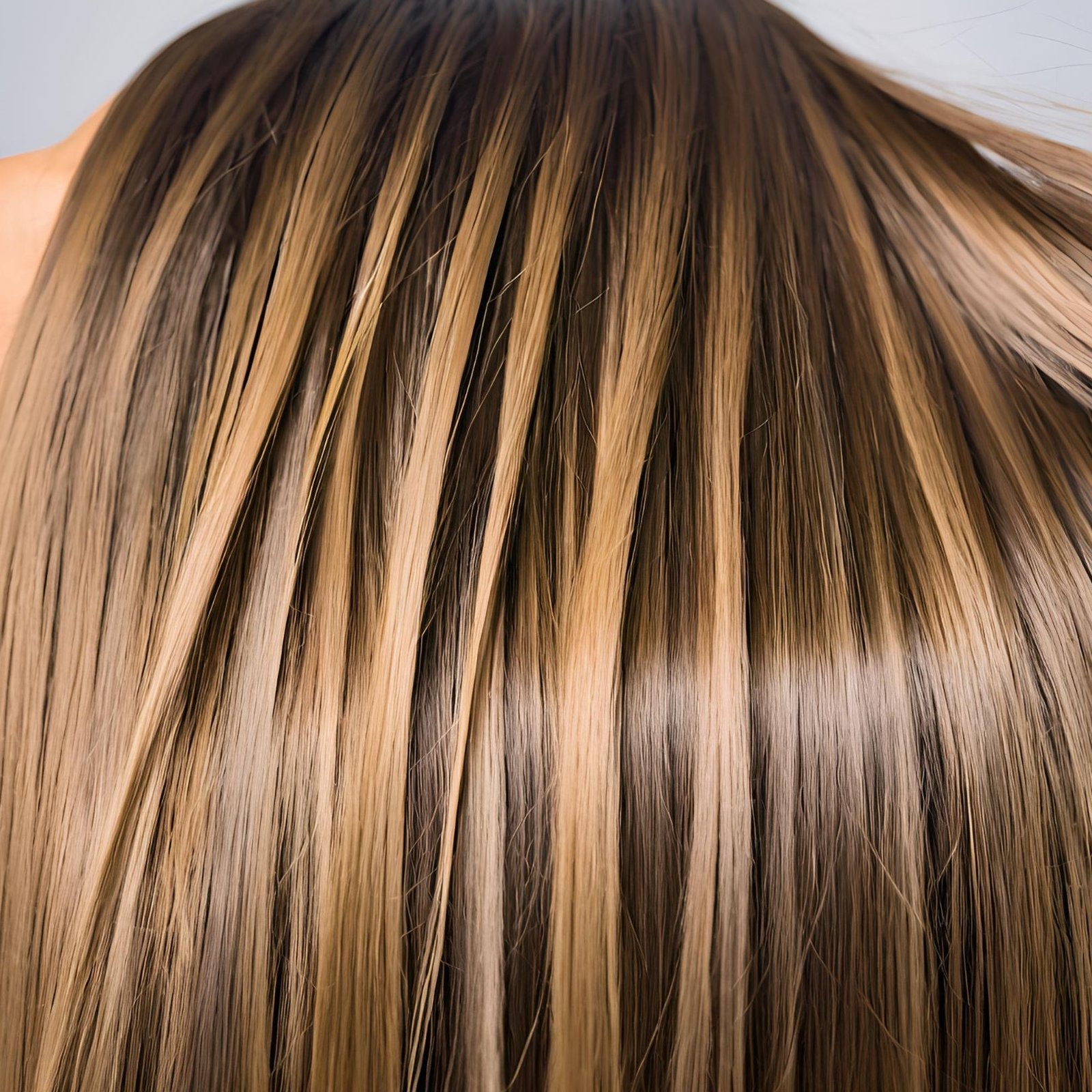In the fast-paced rhythm of modern life, where productivity and busyness often take center stage, the importance of quality sleep is frequently underestimated. However, sleep is a fundamental pillar of optimal wellness, influencing physical health, mental acuity, and overall vitality. In this article, we will explore the concept of sleep hygiene and its critical role as the foundation of a healthy and balanced lifestyle.
Understanding Sleep Hygiene
- Definition: Sleep hygiene refers to a set of practices and habits that promote good sleep quality and contribute to overall well-being. These practices encompass both the environment in which you sleep and your bedtime routines.
- Consistency: Establishing a consistent sleep routine helps regulate your body’s internal clock, promoting a natural and restful sleep pattern.
Creating a Sleep-Inducing Environment
- Comfortable Mattress and Pillows: Invest in a comfortable mattress and pillows that support your body’s alignment. The right sleep surface can significantly impact the quality of your sleep.
- Dark and Quiet: Create a dark and quiet sleep environment. Consider blackout curtains and soundproofing measures to minimize disruptions and enhance your ability to fall and stay asleep.
Optimizing Temperature
- Cool Sleeping Environment: Keep your bedroom at a cool, comfortable temperature. Most people find a slightly cooler room conducive to better sleep. Experiment with bedding and clothing to find the right balance.
Limiting Electronic Devices
- Avoid Screens Before Bed: The blue light emitted by phones, tablets, and computers can interfere with the production of the sleep hormone melatonin. Limit screen time at least an hour before bedtime to signal to your body that it’s time to wind down.
- Night Mode: If you need to use electronic devices before bedtime, activate the “night mode” setting, which reduces the amount of blue light emitted.
Establishing a Pre-Sleep Routine
- Wind-Down Activities: Engage in calming activities before bedtime to signal to your body that it’s time to relax. This can include reading a book, practicing gentle stretching, or taking a warm bath.
- Consistent Bedtime: Set a consistent bedtime to regulate your sleep-wake cycle. This helps align your body’s natural rhythms and improves overall sleep quality.
Mindful Eating and Drinking
- Avoid Heavy Meals Before Bed: Eating heavy or spicy meals close to bedtime can lead to discomfort and indigestion. Aim to finish your last meal at least two to three hours before sleep.
- Limit Caffeine and Alcohol: Both caffeine and alcohol can disrupt sleep patterns. Limit their consumption, especially in the hours leading up to bedtime.
Regular Exercise
- Incorporate Physical Activity: Regular exercise is linked to improved sleep quality. Aim for at least 30 minutes of moderate exercise most days of the week. However, avoid vigorous exercise close to bedtime, as it may have a stimulating effect.
Managing Stress and Anxiety
- Mindfulness and Relaxation Techniques: Incorporate mindfulness and relaxation techniques into your pre-sleep routine. Practices such as deep breathing, meditation, or gentle yoga can help alleviate stress and promote a sense of calm.
- Journaling: Consider keeping a journal to jot down any lingering thoughts or worries before bedtime. This can help clear your mind and reduce anxiety.
Limiting Naps
- Short, Strategic Naps: If you need to nap during the day, keep it short (around 20-30 minutes) and earlier in the day. Avoid napping close to bedtime, as it may interfere with nighttime sleep.
Seeking Professional Guidance
- Consulting a Sleep Specialist: If persistent sleep issues or insomnia are affecting your well-being, consider consulting a sleep specialist. They can provide personalized guidance and solutions to address specific sleep challenges.
Prioritizing sleep hygiene is an investment in your overall well-being. Quality sleep contributes to physical health, cognitive function, and emotional resilience. By adopting healthy sleep practices and creating a conducive sleep environment, you can establish a foundation for optimal wellness. Remember that sleep is not a luxury but a necessity, and by making sleep hygiene a priority, you empower yourself to lead a vibrant, balanced, and fulfilling life.






